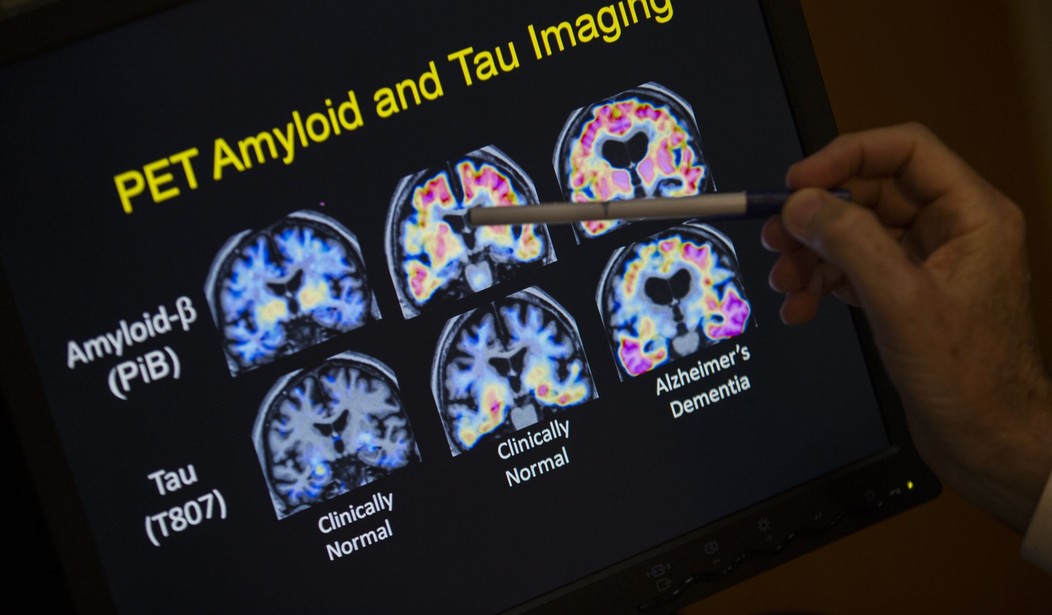I saw this yesterday and though it’s not a political story I think there are some lessons that could probably be gleaned from it about the way conventional wisdom can set in even when there’s little or no evidence to support it. I feel like we’ve seen a lot of that over the past couple years. In any case, a review of previous evidence conducted by researchers in the UK found that a simple explanation of how anti-depressants supposedly work, one that has been taught to doctors and shared with patients for decades, is not true.
Almost as soon as it was floated in 1965 by Harvard psychiatrist Joseph Schildkraut, the serotonin hypothesis of depression—reduced and simplified by pharma marketing to the “chemical imbalance” theory of depression and anxiety—has been subject to critical research and found wanting.
The poor standing of the hypothesis in the scientific literature, however, barely dented its afterlife in textbooks, across clinical and treatment settings, and on mental health apps and websites. Nor has it dispelled the continued use of the phrase as “shorthand” between doctors and patients and in everyday settings…
In “The Serotonin Theory of Depression: A Systematic Umbrella Review of the Evidence,” University College London Psychiatry Professor Joanna Moncrieff and a team of five other top European researchers found “there is no evidence of a connection between reduced serotonin levels or activity and depression.”…
Although “the serotonin hypothesis of depression is still influential,” Moncrieff and coauthors noted, citing widely adopted textbooks published as recently as 2020 and surveys indicating that “85-90 percent of the public believes that depression is caused by low serotonin or a chemical imbalance,” the primary research indicates there is “no support for the hypothesis that depression is caused by lowered serotonin activity or concentrations.”
In short, doctors and anti-depressant manufacturers have been telling us a false story about how these products work for more than 50 years. And the result has been millions of people taking these drugs based at least partly on a false understanding, i.e. that their brains have a chemical imbalance. In fact, the researchers found some weak evidence that depressed people were likely to have higher serotonin levels precisely because they were taking these drugs. Also, they looked at research on people whose serotonin levels were artificially reduced through a specific diet. Those people in the study did not report a sudden onset of depression.
So what does seem to correlate with depression? The authors suggest the answer is negative life events:
The researchers also looked at “the effects of stressful life events and found that these exerted a strong effect on people’s risk of becoming depressed—the more of these a person had experienced, the more likely they were to be depressed.”
Unfortunately, because most people have been given bad information, they may have become more pessimistic about their own chances for recovery.
The researchers say their findings are important as studies show that as many as 85 to 90 per cent of the public believes that depression is caused by low serotonin or a chemical imbalance.
There is also evidence that believing that low mood is caused by a chemical imbalance leads people to have a pessimistic outlook on the likelihood of recovery, and the possibility of managing moods without medical help.
This makes a lot of sense. If you’re told by the experts that you have a chemical brain imbalance which can only be treated with proper medication, you’re going to believe medication is your only hope. And if that medication doesn’t work or doesn’t work well, what hope do you have? If on the other hand you were told that this medication helps some people but no one really knows why or how it works that might give you a different outlook. And all of this matters because anti-depressants are widely prescribed. The press release for the new study states, “Prescriptions for antidepressants have sky-rocketed since the 1990s, going from being rare to a situation now where one in six adults in England and 2 percent of teenagers are prescribed an antidepressant in a given year.”
To be clear, no one taking medication should stop taking it without talking to a doctor first. Hopefully this new study will lead to a lot of doctors having discussions with their patients that are very different from the ones they would have had previously. Here’s a British interview with the lead author of this study, Professor Joanna Moncrief.







Join the conversation as a VIP Member